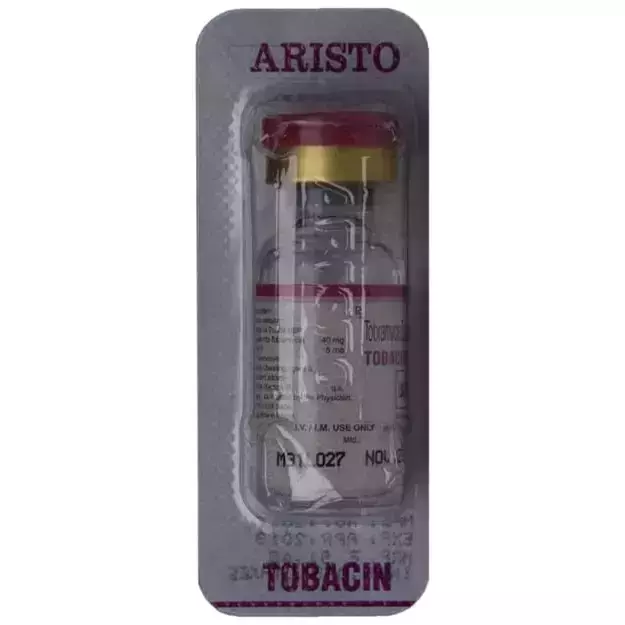Tycin (Rkm) is a commercial drug that is prescribed in the form of Injection. Primarily, it is used for the treatment of Bacterial Infections. Secondary and off-label uses of Tycin (Rkm) have also been mentioned below.
The correct dosage of Tycin (Rkm) depends on the patient's age, gender, and medical history. Besides the medical condition it is advised for, the route of administration also plays an important role in determining the correct drug dosage. Refer to the dosage section for a detailed discussion.
While these are the most often observed Tycin (Rkm) side effects, there are can be others also. These have been listed below. Usually, these side effects of Tycin (Rkm) go away soon, and do not persist beyond the duration of the treatment. Consult your doctor if these side effects become worse or stay for a longer duration.
In addition, Tycin (Rkm)'s effect is Severe during pregnancy and Moderate for lactating mothers. Further, the section on Tycin (Rkm) related warnings talks about Tycin (Rkm)'s effects on the liver, heart and kidney.
Tycin (Rkm) is contraindicated in people with pre-existing medical conditions like Kidney Disease as it can result in adverse effects. The section on Tycin (Rkm) contraindications lists all such conditions.
Additionally, Tycin (Rkm) may also adversely react with other medicines. See below for a complete list.
In addition to the above precautions for Tycin (Rkm), it is important to know that it is safe while driving, and is habit-forming.
X

















